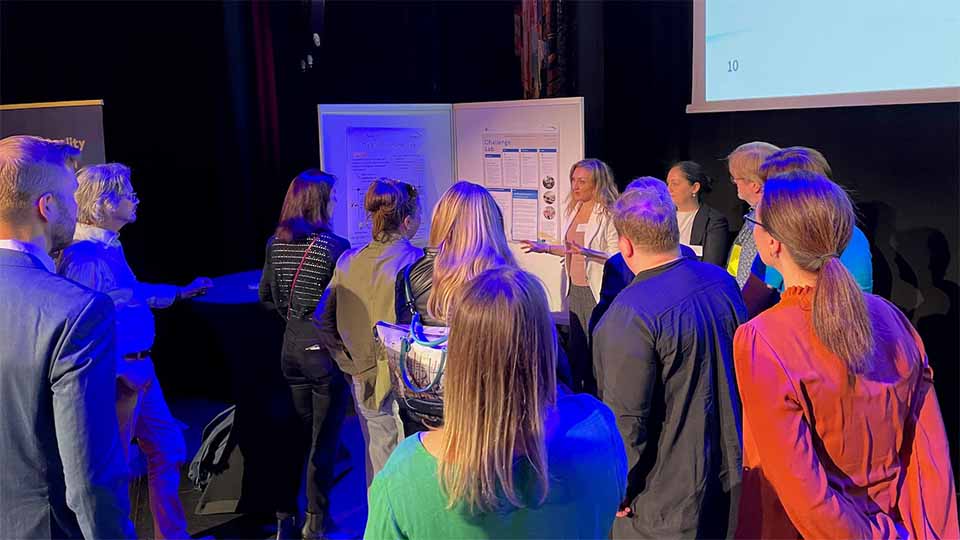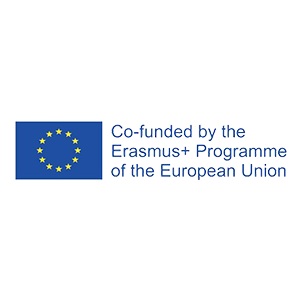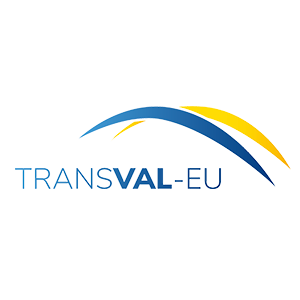What can be done differently within validation policy at a regional, national and European level? What tools and methods are available for validating transversal competences?
Those were some of the key topics, discussed by policy representatives, validation practitioners and experts at the European Making all Skills Visible conference in Stockholm. The conference is part of Sweden’s Presidency of the European Union, which has been calling for embracing technological evolution and globalization while making sure that no one is left behind.
Transversal competences overlooked by policymakers
When an individual gets his or her personal, emotional and communication competences validated, it has an encouraging effect on the individual’s job search process. Teamwork is a competence demanded by employers in job ads and interviews. However, validation of such competences, also called transversal competences, is not currently part of the standard validation procedures in Europe.
-Despite the importance of transversal competences in today’s society, those skills often remain overlooked by policymakers, said Michele Tuccio, an economist from the Directorate for Employment, Labour and Social Affairs at the Organisation for Economic Co-operation and Development (OECD).
Michele Tuccio delivered a keynote at the European conference Making all Skills Visible and elaborated further on the challenges of developing transversal skills:
-A growing number of measures are taken to foster transversal skills for young people but not for adults. People of all ages should continue to develop their transversal competences since the world of work increasingly requires a range of them, and innovative learning approaches should be spread throughout an individual’s life course. Often transversal skills solely permeate the training curriculum of initial education, but they should also be the focus of adult learning, said Michele Tuccio.
Definition and examples of transversal competences
Transversal competences are learned and proven abilities, which are valuable in virtually any kind of work, learning or life activity. Examples of such competences are: managing and organising activities, solving problems and reacting to the unforeseen and cooperating and fostering cooperation. They are “transversal” because they are not exclusively related to any particular context: job, academic discipline, civic engagement, or occupational sector.
Field trials within validation in five countries
As a part of the research conducted by the TRANSVAL-EU project, validation of transversal skills has been conducted in Austria, Lithuania, Italy, Poland and Belgium. Results from the project and key learning were presented in Stockholm.
Julia Walder from OeAD, Austria´s Agency for Education and Internationalisation in Vienna has been part of the coordination team for the Austrian field trials in the experimentation of the validation of transversal skills.
– In Austria, we were piloting different tools and methods for the validation of transversal skills with a variety of target groups. It turned out that the curriculum and training need to be considerate of the contexts and tailored to the respective target groups, e.g. adapting the language of the competence framework accordingly, in order to make it usable and create synergy effects with existing processes and systems, says Julia Walder.
Another project that also worked with validating the transversal competences of jobseekers with the purpose of supporting them returning to work is Launching pads for employment and entrepreneurship (Lanzaderas) in Spain.
The project activities aimed at strengthening professional competences, such as simulating job interviews, reviewing, improving and updating CVs, etc., but also transversal competences such as emotional intelligence and communication skills. Results from the pilot phase of the project show that approximately 25% of participants started a business and 63% found employment.

From policy experimentation to policy change
Professionals and policymakers made a commitment to transferring results and lessons learned from the validation of transversal competences to other countries.
-Transversal skills are a very powerful tool to empower people and encourage them to progress in their development and we need to talk to policymakers about this, was one of the conclusions from the conference. In order to support this work, the TRANSVAL-EU project will very soon publish the Research report from the pilot countries and the EU Policy Coherence report.
Integrated policies
Another support for further work on policy development nationally or regionally could be the results from the discussion on the need for and benefits from having an integrated national skills strategy. One of the national policy recommendations from TRANSVAL-EU is to have a better definition of transversal skills and have awareness-raising activities for stakeholders: policy-makers, practitioners, employers, and citizens. This is in order to strengthen cross-sector cooperation between practitioners, policy-makers and other stakeholders in order to build coherent validation of non-formal and informal learning (VNFIL) systems and effective processes.
When asked to consider the benefits of having an integrated national skills strategy, the top list from the participants in Stockholm was:
- Better quality
- Ensuring that all relevant stakeholders will be committed to the implementation
- More coordinated approach and implementation
- Creating trust in the system
- A common validation language and more clarity for everyone
National Policy Action Plans for the pilot countries Poland, Italy, Belgium (French-speaking part), Lithuania and Austria will be published on the website of the TRANSVAL-EU project. The action plan will look into ways the countries plan to achieve comprehensive long-term cooperation with different stakeholders and develop a holistic skills strategy approach.
Tools and methods for assessment of transversal competences
Skills Audit Method (SAM) is used to identify, describe and document competences (learning outcomes) and to prepare development plans for further education and career paths. It can be applied in various contexts such as in the validation of non-formal and informal skills – including transversal competences, in the counselling process and in HR. The tool is developed in Poland by experts from the Educational Research Institute.
Scaffold is a deck of 102 cards for educators and a User Guide. It is applicable to both formal and non-formal learning, any subject area, and any form of learning. It helps teachers in designing any type of learning activity and integrates multiple key competences into the learning process. The tool is developed by the European Training Foundation (ETF).
About the TRANSVAL-EU project
The TRANSVAL-EU project is working towards professionalising the field of the validation of transversal competencies in Europe.
The transversal competence framework used in the pilot countries Poland, Italy, Belgium (French-speaking part), Lithuania, and Austria is available in seven languages and can be downloaded from the project website.





